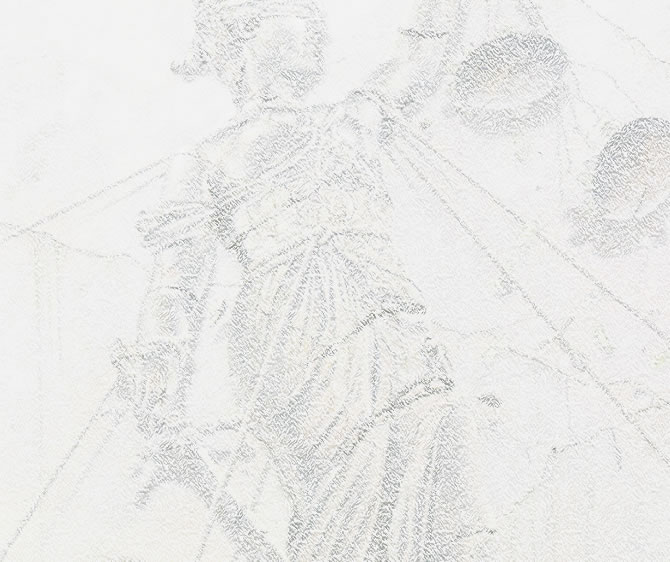Hong Kong is now a Chinese city with a commitment to the rule of law. What does this commitment amount to and what problems does it raise? In this course, we survey and analyze theories about the rule of law (or rule by law). Our target is to understand (1) the political and moral philosophy behind the rule of law and (2) the deep differences that distinguish it from "rule of man." We are interested in questions such as:
We will first look briefly at Confucius' arguments against the rule by law and the classical Mohist, Daoist and Legalist arguments in favor of something like rule of law. Then we will look at some related contrasts in traditional Western theories about the nature and justification of law ("Natural Law" and "Legal Positivism"). This will lead us to a detailed discussion of modern Western theories, positive law theory, realism, and the "liberal" theory of law ("law as integrity"). We will discuss them especially in terms of the question of how final courts of appeal should go about interpreting laws, including Hong Kong's basic law.
In the last section of the course, we will apply our theory to a range of personal decisions that we all make as citizens of a society under the rule of law. Part of it will include issues you must think about as voters in a democracy such as should Hong Kong allow capital punishment, full democracy and the insanity defense. Others will concern our duties and obligations of complying with (or disobeying) the law. Here we will look mainly at the theory of civil disobedience and negligence or tort law.
Course Style
This course will use lecture-discussion style. I will try to produce occasional handouts on the basic topics slightly in advance of our discussion so you can think about them before the lecture and raise questions and points of discussion. Most of the readings will all be available in the library in books on reserve, and all should be in the Philosophy office. There is a lot of reading in the lists and I try to indicate on the website which are the most important readings. I will also put the handouts up on the class web-site along with the PowerPoint outlines, quiz and examination questions. tutorial and other questions.
The readings are selected mainly from various editions of Feinberg and Gross, Readings in The Philosophy of Law and Ronald Dworkin, Taking Rights Seriously. The bookstore cannot get the former, but has the Dworkin. You should buy it for easy access to its more difficult readings. The bookstore is looking for a substitute and if I arrives, I may select a few of those as substitutes later.
 |
|||||
 |
 |
 |
|||
 |
|||||
 |
 |
 |
|||